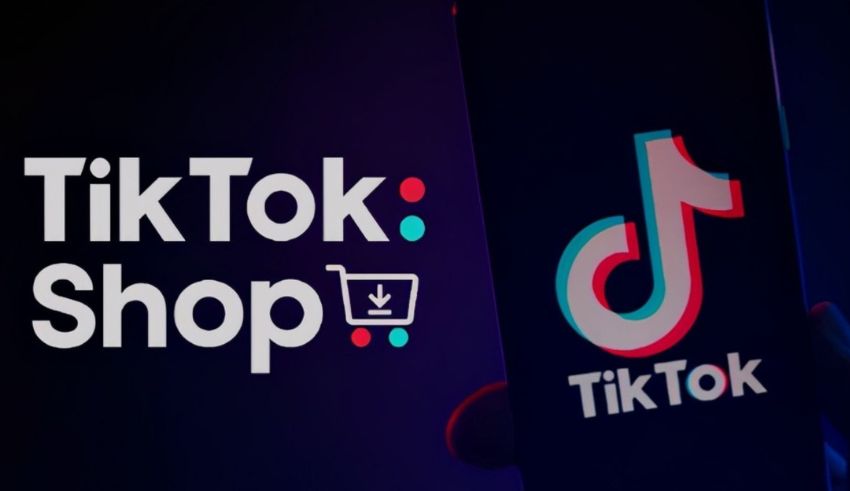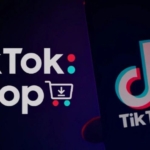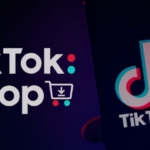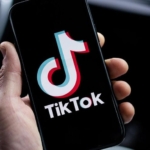
TikTok, the popular short video app owned by China’s ByteDance, announced on Monday that it will invest $1.5 billion in Indonesia over the next three years, as part of its expansion plan in Southeast Asia.
The investment will be used to support the development of TikTok’s e-commerce platform, TikTok Shop, which allows users to buy and sell products through the app. TikTok also said it has signed a strategic partnership with GoTo, Indonesia’s largest online marketplace, to integrate their services and offer more choices to consumers and merchants.
TikTok CEO Shou Zi Chew said in a statement that Indonesia is one of TikTok’s most important markets, with more than 125 million monthly active users and 6 million sellers on TikTok Shop. He added that the investment and partnership reflect TikTok’s commitment to empowering local communities and fostering the growth of the digital economy in the region.
The Biggest Economy in Southeast Asia
Indonesia is the biggest economy in Southeast Asia, with a population of 278 million, half of whom are under 30. The country’s e-commerce sector is expected to grow from $52 billion in 2021 to $330 billion by 2030, according to a study by consultancy Bain & Co and GoTo backers Alphabet Inc and Temasek Holdings Pte Ltd¹.
Keep Reading
TikTok faces stiff competition in the e-commerce space from established players such as Sea’s Shopee, Alibaba’s Lazada and GoTo’s Tokopedia, which have larger market shares and loyal customer bases. TikTok facilitated $4.4 billion of transactions across Southeast Asia last year, up from $600 million in 2021, but still far behind Shopee’s $48 billion of regional merchandise sales in 2022².
TikTok’s expansion in Indonesia also comes amid increasing regulatory scrutiny over its data security and content moderation policies. The app has been banned or restricted in some countries, including the US, India and Pakistan, over concerns that it could be used by the Chinese government to spy on users or spread propaganda. TikTok has repeatedly denied these allegations and said it operates independently from ByteDance.
In 2018, Indonesia briefly banned TikTok for posts that contained \”pornography, inappropriate content and blasphemy\”³. The app was later reinstated after it agreed to remove the offending content and cooperate with the authorities. TikTok said it has invested in local content moderation teams and technology to ensure compliance with local laws and regulations.
TikTok said it will continue to work with the Indonesian government and other stakeholders to support the development of the creative industry and the digital ecosystem in the country. It also said it will launch more initiatives to provide training, education and opportunities for local creators, entrepreneurs and small businesses.


























